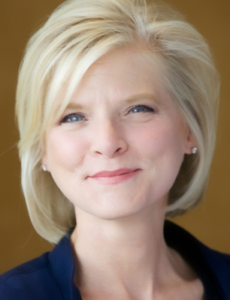 According to the Center for Venture Research at the University of New Hampshire, only 12 percent of angel investors last year were women. Only three percent are people of color.
According to the Center for Venture Research at the University of New Hampshire, only 12 percent of angel investors last year were women. Only three percent are people of color.
But a new program has set out to change that – as well as increase funding to women-led for-profit social ventures. Natalia Oberti Noguera, founder of the Pipeline Fellowship, explained that many women are interested in angel investing – but haven’t had a lot of exposure to it. At the same time, women-led startups often lack access to networks of early-stage funders. And many investors have trouble seeing the business sense in for-profit social ventures.
The Pipeline Fellowship works to boost all of these groups, bringing funds to these types of startups (women-led for-profit social ventures), while encouraging women to confidently enter the angel investing space. Oberti Noguera remarked, “Hybrid ventures need more hybrid investors who understand and value the triple bottom line.”
Plus, she said, the result is more diversity in the startup space – on the entrepreneurial side and on the investor side. “There’s a huge lack of diversity in the angel community,” she explained, and investors tend to fund companies run by people who look like themselves. “What I’m interested in doing is turning on its head that pattern recognition and that familiarity. By getting more women and people of color into the community, we can fund more ventures led by women and people of color.”
Now entering its second year, the Fellowship has introduced a diverse range of women to angel investing – from senior leaders in the Fortune 500 to entrepreneurs and other professionals. “Many people – even ones who work in the financial services – have said they have no idea how to conceptualize investing in an early stage company, but that interest is there,” she explained. “Also, learning to invest in a startup gave one Pipeline Fellowship graduate the confidence to engage more with her financial adviser.”
 By Melissa J. Anderson (New York City)
By Melissa J. Anderson (New York City)






